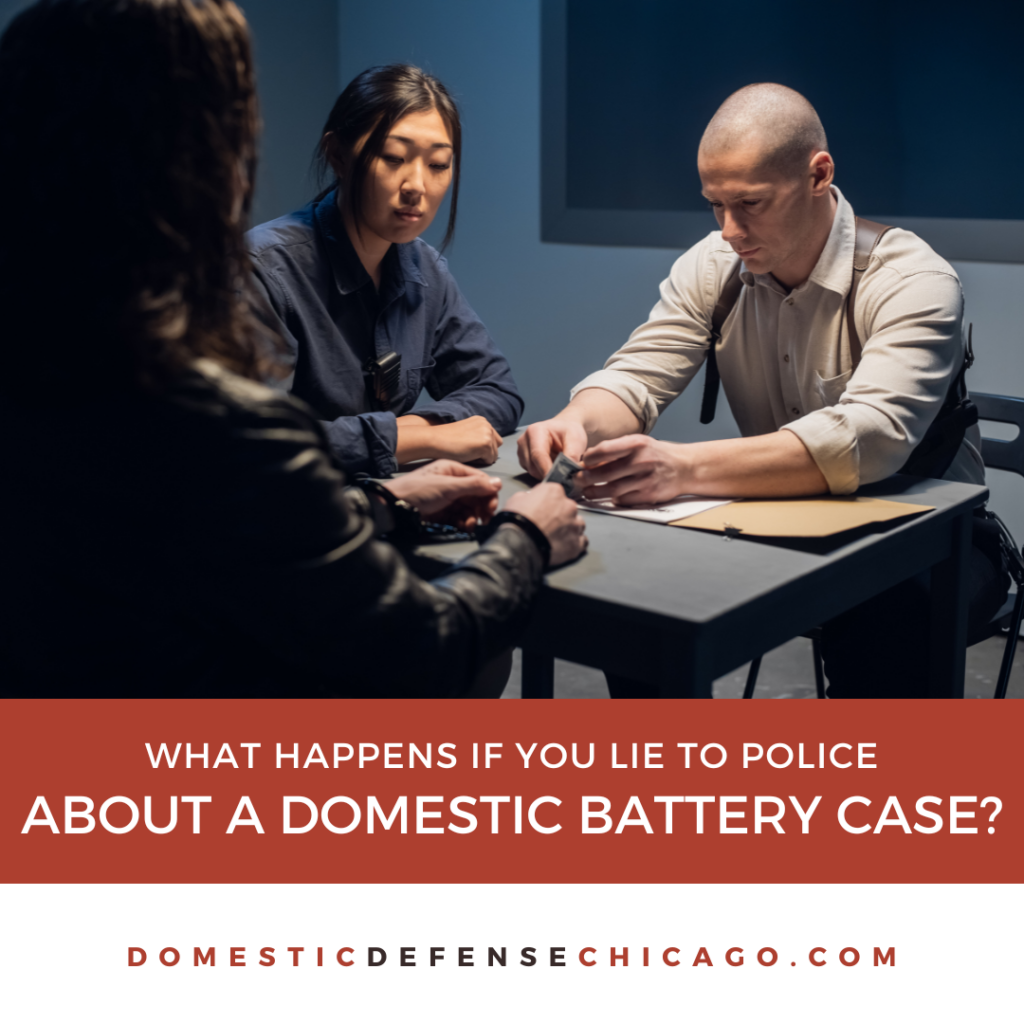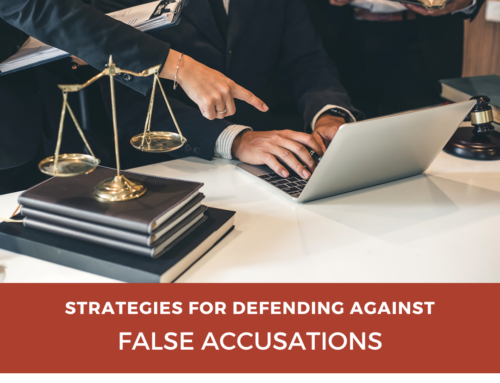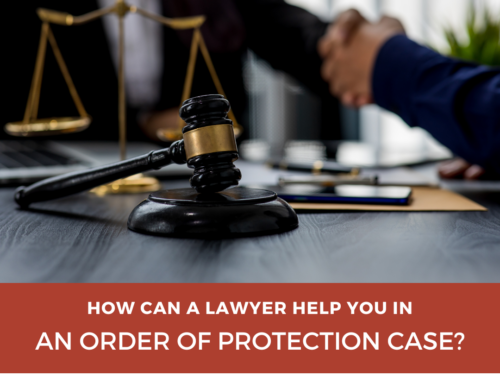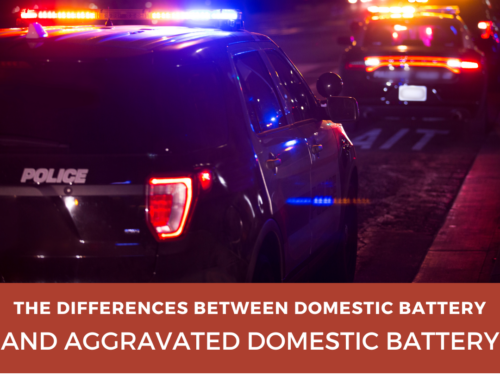If you’re like most people, you freeze up when the police want to question you about a crime that they suspect you committed – but what happens if you lie when they’re questioning you about domestic battery? What will happen to you when they find out, and is there a better solution than lying to the cops? This guide explains.
What if You Lie to Police When They Question You About Domestic Battery?
When the police are questioning you about a domestic battery that they think you committed, it’s natural to want to protect yourself. But if you try to protect yourself by lying to the police during their investigation, it can actually make things worse for you in the long run.
First, it’s important to understand that the police are trained to spot lies. They know how to ask questions in a way that will trip you up, and they will often try to trick you into coming clean.
Second, even if you think you’re being clever by lying to the police, they can easily catch you in a lie if they have evidence that contradicts what you’re saying. For example, if you tell the police that you didn’t hit your partner but there were witnesses present (or security footage), the police will know that you’re lying.
And finally, if you do get caught in a lie, you could be charged with obstruction of justice – which is a serious crime. Though it might seem like lying to the police is the best way to protect yourself, it’s actually not worth the risk.
Related: Can Illinois charge you with domestic battery if your spouse won’t cooperate?
Police Can Mix-and-Match Records to Find the Truth
Investigators spend years honing their craft, which means they know how to combine records from multiple sources to piece together the truth of what happened. For example, the police investigating your case may pull hospital records, talk to witnesses, look for security camera footage and find all kinds of other evidence that points toward your guilt.
Again, it’s best not to lie to the police about your involvement in a domestic battery case.
So what’s your best alternative? The following section explains.
The Best Solution: Using Your Right to Remain Silent
When the police want to question you about a domestic battery, the best solution is often to exercise your right to remain silent. You have the right to remain silent under the Fifth Amendment of the U.S. Constitution, and you should use it if you’re being questioned by the police about a crime.
If you invoke your right to remain silent, the police cannot use anything that you say against you in court.
Note: Even if you’re innocent, it’s often best not to say anything to the police until you have a chance to speak with an attorney.
Related: False allegations of domestic battery to get child custody
Can You Defend Yourself, or Should You Hire an Attorney for Domestic Battery Charges?
If you’ve been charged with domestic battery, you might be wondering if you can defend yourself in court or if you need to hire an attorney.
The answer to this question depends on the facts of your case, but it’s generally advisable to hire an attorney if you’ve been charged with domestic battery. An experienced attorney will know how to investigate your case, build a strong defense and present your argument in court.
A good attorney can also spot weaknesses in the prosecution’s case, which could lead to a dismissal of the charges against you.
Do You Need to Talk to an Attorney About Domestic Battery Defense?
If you need to talk to a domestic battery defense attorney in Illinois, we’re here to help. Call us at 847-920-4540 now – we’ll be happy to give you a free consultation and talk to you about your options.







Leave A Comment
You must be logged in to post a comment.